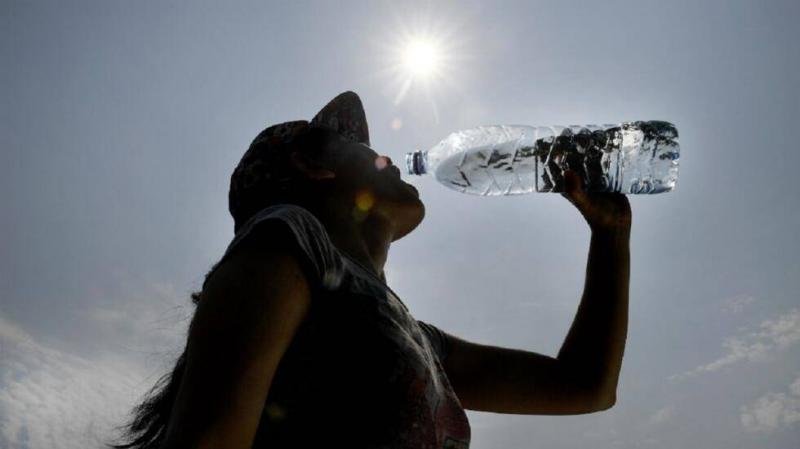Climate scientists have noted that the extreme heat experienced in the Mediterranean region in July would not have occurred without global warming. A deadly heatwave caused temperatures to rise above 40 degrees Celsius (104 Fahrenheit) in Southern Europe and North Africa, where such intense summer bouts have become more frequent. The extreme heat claimed the lives of over 20 people in one day in Morocco and ignited wildfires in Greece and the Balkans, as well as exhausting competing athletes in France during the summer Olympic Games.
The World Weather Attribution organization, a network of scientists who have developed methods to assess the potential role of climate change in specific extreme events, stated that the link is clear. According to a report by the organization, prepared by five scientists, the maximum temperatures reached in July would have been nearly impossible without human activity warming the planet through fossil fuel combustion.
The analysis examined the average temperature in July, focusing on an area that included Morocco, Portugal, Spain, France, Italy, and Greece. The scientists used this climate data and others to evaluate how much higher the July temperatures were compared to similar periods in a world before humanity rapidly began burning oil, coal, and gas. They concluded that the recorded heat in Europe was approximately 3.3 degrees Celsius higher due to climate change.
Frederic Otto, a climate scientist at Imperial College London and one of the study's authors, stated, "Heatwaves in July are no longer rare events." Scientists have long established that climate change drives extreme weather and makes heatwaves longer, hotter, and more frequent. The past thirteen months have been the hottest on record, exceeding the limit of 1.5 degrees Celsius, which scientists say must be maintained in the long term to avoid catastrophic climate change.




